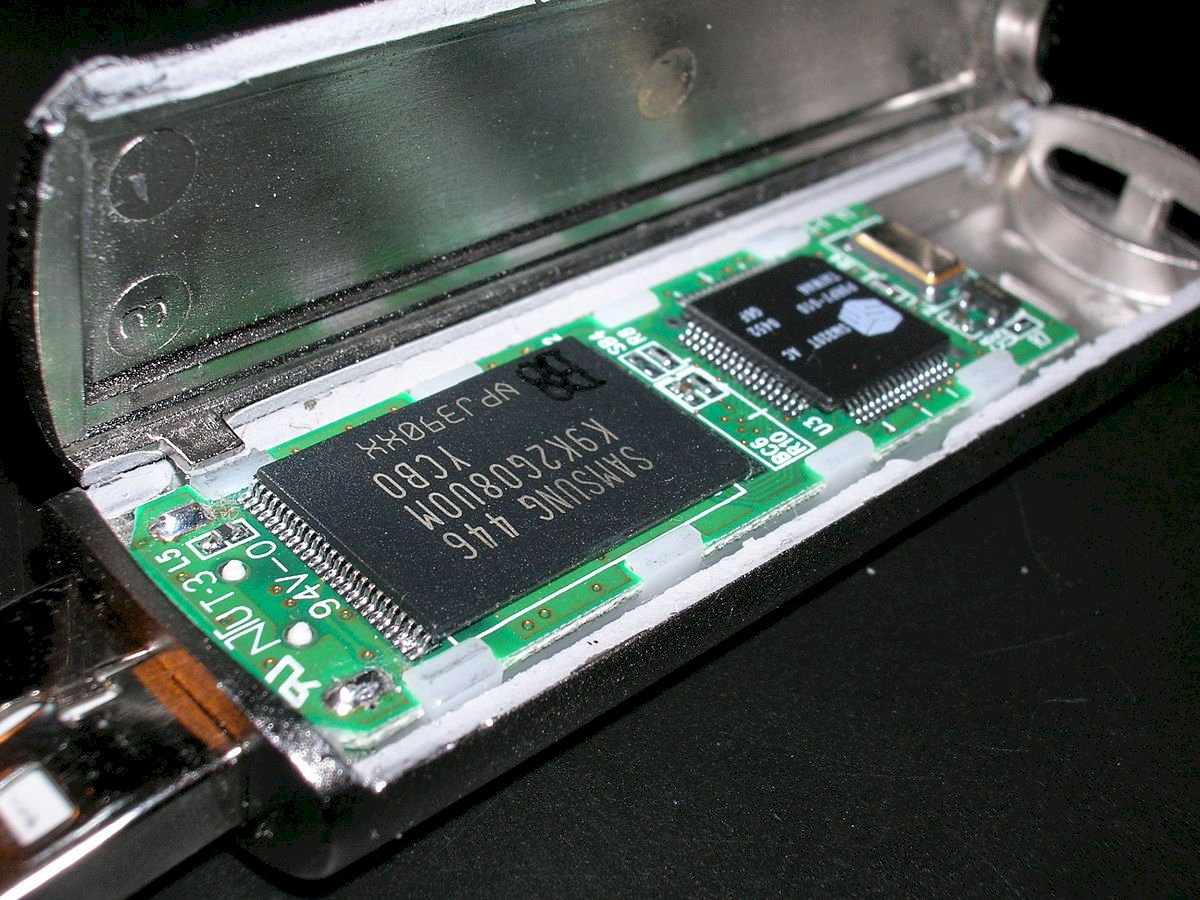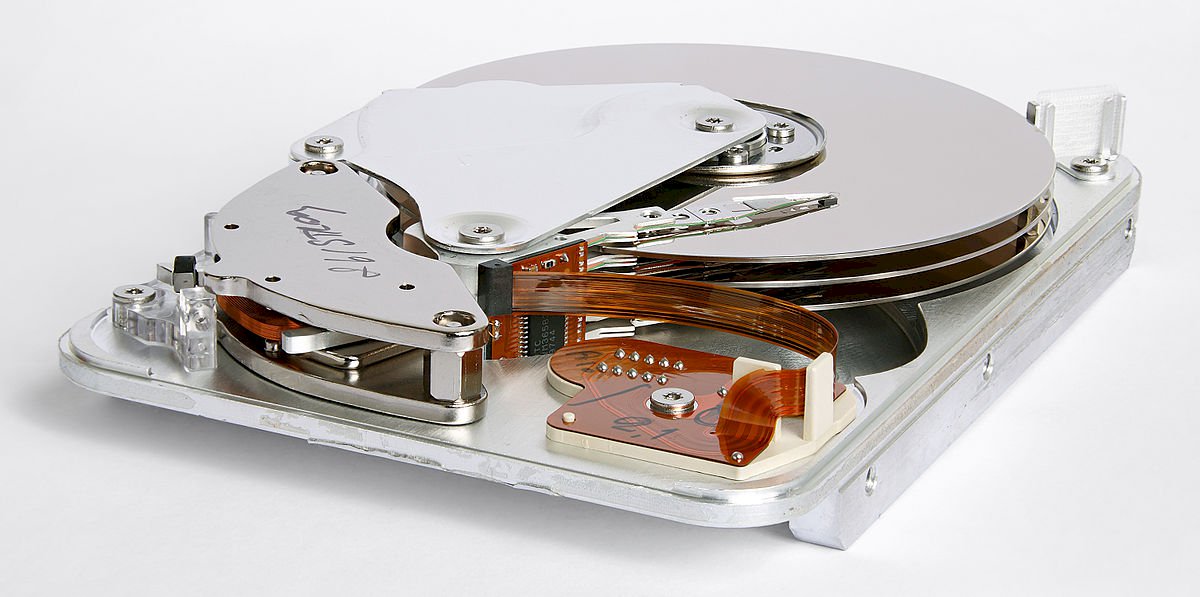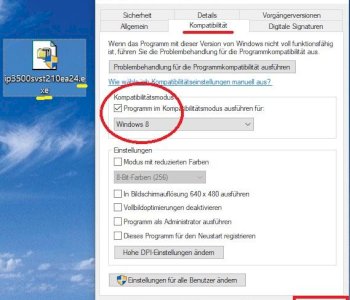What is the difference between the SingleDrive / Triple Drive and Raid-NotRaid hard disk?
I would like to buy a laptop, there's still something hooked on the hard drive, which seems to make the most sense.
The laptop is mainly used for gaming. What would be more useful? Here are two links:
https://www.dell.com/...cs_section
https://www.dell.com/...igurations
Is a single drive SSD 2 GB better than a triple DRIVE with 1 TB SSD 2X 512GB RAID0+ 1 TB HHD?
Or does it even matter?
Raid0 with SSDs means loss of speed. In addition, the chance of total data loss is doubled.
I would advise against.
That means you would rather prefer the single drive with 2 GB?
Yes, or just the 2 1 TB SSD without a raid network.
But when I researched the internet, I read the opposite: Raid0 means it is faster than a normal hard drive.
SSDs are not hard drives either. That's true for HDDs.
Then what are SSDs?
Solid state drives.
No disc.
In German: solid state storage or semiconductor drive.
And what is the exact difference for me as a layman? My current computer also has an SSD and I use it as a hard drive?
No, you use the SSD as permanent storage. There are no records in there.
Colloquially, one can speak of hard drive, but it is not.
With HDDs, Raid0 makes sense if you want to gain performance, but with SSDs this is more of a hindrance.
Okay, thank you. So for me as a layman, the SSD 2 TB is even better and faster and more useful for gaming.
Unfortunately, the lower PC would not work without RAID0, so you would rather not use it at all?
Or would it be an option, because the other two drives run without a raid but are also SSDs?
Maybe you can deactivate this. But you have to manually reconfigure and reformat all SSDs.
Would advise against Alienware anyway, these things are massively overpriced.
Does it really have to be a notebook?
Well, I don't want that then.
So what would you recommend?
PC 1 with SINGLE SSD DRIVE 2 TB
Or
PC 2 (slightly better performance) but with 1 TB (2x 512 GB SSD RAID0) + 1 TB 2x 512 GB SSD non-RAID
The first variant. The bigger a single SSD, the better. Within the same model series, that means better performance and longer service life.
However, it may well be that the 512 TB SSD is connected via M.2 slots and the 2 TB SSD via SATA.
The former means significantly higher performance.
So it would be ideal if it were a 2 TB M.2 NVMe SSD
And from the point of view of the PC, it probably doesn't make a huge difference in other performance, or that you have two PCs? (Especially because better screen) and slightly faster clock rate (3200 instead of 2933MHZ)
A few% difference, but in the high-end you pay a premium for the last few% performance.
For me the question is, is the last PC still ultimately better in terms of performance, even if it has a QUAD drive, or the other PC is better in terms of performance because it has the SINGLE drive.
Quad or single is irrelevant for ssds. It depends on the built-in SSD itself.
Multiple SSDs in a RAID are always slower than the same SSDs non-raid.
@KennerL there's a lot of nonsense about ZaoDaDong here, Raid0 is also a speed advantage with SSDs, but SSDs are already so fast that you would not notice them in normal operation, so a Raid0 does not necessarily make sense, but that it is more of a hindrance and like here Blabbering about "are no hard drives" is total humbug. A single SSD is recommended (there are Sata SSDs and NVME SSDs, the NVME (if connected via PCI-E 3.0 or 4.0)
"Since 2007

https://de.wikipedia.org/...h-Speicher (so-called https://de.wikipedia.org/...tate-Drive, abbreviated to SSD) and https://de.wikipedia.org/...Festplatte (combinations of SSD and conventional hard disks) have also been offered in the end customer market, which are addressed via the same interfaces (specification according to https://de.wikipedia.org/...Serial_ATA, etc.) and also simplified as" hard disks " be designated. "
From your link… Already in the third paragraph… You have to be able to read, of course.
Edit: I've already commented that the colloquial language is correct



